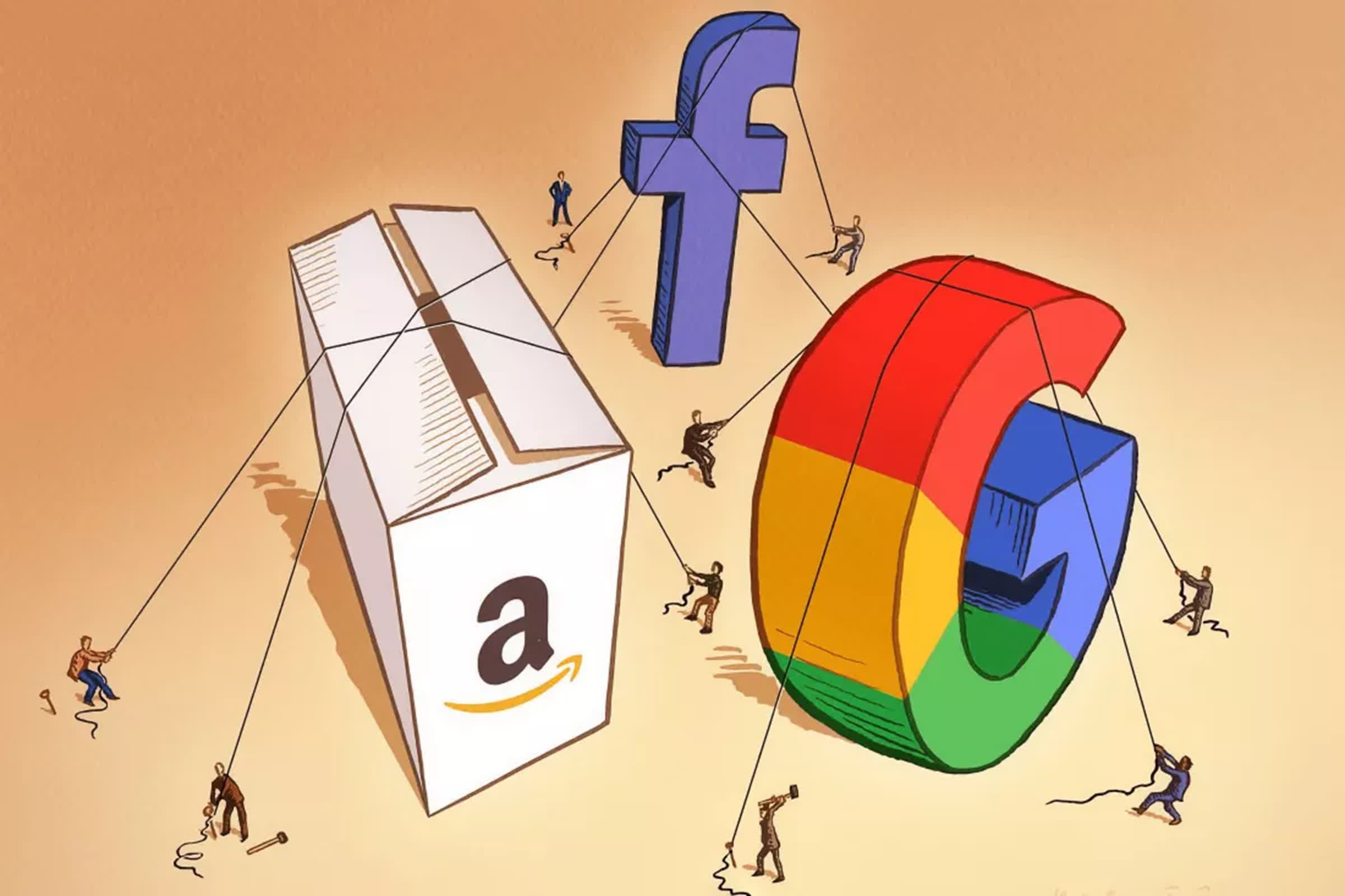DeepMind Allegedly Compensates AI Employees for Inactivity, Provided They Don’t Seek Other Jobs

The Rising Tensions Over Noncompete Clauses in AI
Introduction to Noncompete Clauses
Google’s DeepMind is making headlines due to its enforcement of strict noncompete clauses and extended notice periods in employee contracts. This move aims to limit U.K.-based AI professionals from transitioning to competitive firms, reflecting the intense competition for skilled talent in the artificial intelligence sector. However, these practices have drawn criticism from former employees and industry experts who believe such restrictions hinder innovation and reduce career mobility.
Concerns from Industry Insiders
Nando de Freitas, a former director at DeepMind and now Vice President of AI at Microsoft, has publicly expressed his concerns on social media. He pointed out that the current contracts could effectively prevent AI developers from joining competitors for up to a year. In his posts, he shared that numerous DeepMind employees frequently seek his advice on how to bypass their notice periods and noncompete clauses. De Freitas described these employment contracts as an "abuse of power," demanding attention from current workers to think carefully before signing such agreements.
Quote from Nando de Freitas
"Every week one of you reaches out to me in despair to ask me how to escape your notice periods and noncompetes… This is the way to get promoted, but…" – Nando de Freitas
The Enforceability of Noncompete Clauses in the U.K.
While some U.S. states, like California, have prohibited noncompete clauses, these agreements remain enforceable in the U.K., where DeepMind is based. Under U.K. law, such clauses are recognized if they are viewed as reasonable for protecting an employer’s legitimate business interests.
Customization of Noncompete Clauses
According to former employees who spoke anonymously to Business Insider, the length of noncompete clauses often depends on an individual’s role within the company. Employees involved in key projects, such as Google’s Gemini AI models, might face six-month restrictions on job mobility. Senior researchers, however, may have to contend with yearlong prohibitions. In some instances, affected employees are placed on "garden leave," allowing them to receive full pay but preventing them from pursuing new job opportunities.
Google’s Stance on Noncompetes
In response to the backlash, Google has defended its use of noncompete clauses, asserting that they align with market standards. A company spokesperson emphasized that the nature of their work justifies the selective use of these agreements to protect legitimate business interests.
Criticism of Noncompete Agreements
Critics argue that these restrictive clauses are misaligned with the rapid pace of innovation within the AI field. One former DeepMind employee summarized the challenge, stating that "who wants to sign you for starting in a year? That’s forever in AI."
The impact of noncompete clauses can be profound, driving some employees to contemplate relocation to regions where such agreements are unenforceable. Others lament lost opportunities at startups that are not willing to wait for months to bring on new talent.
Raising Awareness Within the Industry
De Freitas has encouraged employees feeling constrained by these noncompete clauses to voice their concerns to DeepMind’s leadership, including individuals like CTO Koray Kavukcuoglu and senior research director Douglas Eck. He believes that they might be sympathetic to the challenges workers face regarding these contracts.
A Shifting Dynamic in Tech Employment
The discussions surrounding noncompete contracts reveal a significant shift in the tech landscape. In the past, professionals even in high-stakes roles could transition between different jobs without significant barriers. However, with AI becoming a critical driver of global innovation, companies like DeepMind are implementing strategies akin to those found in finance sector practices, known for their competitive and aggressive contractual terms.
As AI continues to evolve, the implications of noncompete clauses could leave a lasting impact on career paths. Many professionals in the field recognize that being even a few months ahead in AI development can create substantial advantages, underscoring the importance of flexibility and the ability to adapt to new opportunities.





